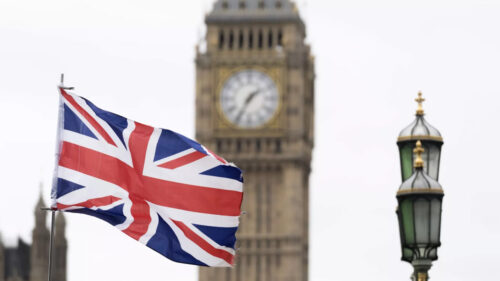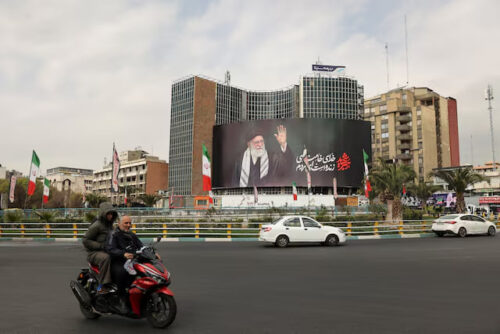
The long-standing desire of the Artsakh hater
Artsakh was again the focus of last week’s media coverage. Sept. 19 marked one year of the occupation and final depopulation of Artsakh. Exactly one year ago, historical Artsakh, which was not deprived of its ethnic population throughout its history, was depopulated. All this happened before the eyes and with the consent of the Armenian government and society. Due to this circumstance, for exactly one year, Pashinyan and his team have been doing their best to throw the issue of the depopulation and cession of Artsakh off their shoulders and to “find” guilty parties in that matter.
As is typical of the Pashinyan narrative, first, the manipulative thesis that “the authorities of those days of Artsakh were the only ones to blame for the cession of Artsakh” began to be used. The other thesis said that “the Armenian opposition circles did their best so that a coup could take place in Artsakh and those serving their interests would come to power, letting what happened happen”. This thesis began to be dosed and injected into different layers of society, demonizing the military and political leadership of Artsakh and those who were somehow associated with the formers authorities.
In the past year, in various press conferences, interviews and forums, Pashinyan, distorting the facts and using words that please his political taste, presents what happened as a “conspiracy against Nagorno-Karabakh population—in the last two years, he has completely removed the word Artsakh from his vocabulary”. Pashinyan does all that with the greatest pleasure, as if forgetting for a moment who, on Oct. 6, 2022. in Prague, with a smile on his face, recognized the territorial integrity of Azerbaijan, including Artsakh, and proudly announced that “it’s over, peace has come”.
It is noteworthy that a few days ago, in one of his interviews, Ashot Ghulyan, the former president of the National Assembly of Artsakh, referring to Pashinyan’s statement that “Artsakh was ceded” noted: “Those talking about cession, were very well aware of the situation in the country. Arayik Harutyunyan was in direct telephone contact with Pashinyan and presented the situation in detail.” In other words, Pashinyan was aware that Artsakh, being under Azerbaijani blockade, was drained and demoralized, that people were hungry and in an extremely difficult condition, but he removed Harutyunyan from the game, after which the relevant persons took over, and the tragedy takes place. With a wave of the hand, the responsibility and guilt for everything fell on the “former authorities”, and a KP MP calls them “Yevlakhians”.
Basically, the theses published by Nikol Pashinyan are circulated synchronously in different layers. First, it immediately becomes the main slogan of his political team, on which various political figures try to build their speech by changing sentences (and very often, as a rule, we come across cases of unsuccessful plagiarism, when what Pashinyan said is repeated verbatim). The topic is widely “opened up” in the Parliament, during announcements or, say, during the question-and-answer session, one of the ruling MPs raises a question of that kind, so that it becomes a subject of discussion and circulates in the news and social networks once again. This is the mechanism that has been working with clockwork precision for exactly six years.
These days we are witnessing a different situation, the target of which is Artsakh exclusively, and more specifically Artsakh’s military and political leadership. Some “bloggers” who have more or less authority among the public openly attack the elite of Artsakh kept in Baku prisons, without excessive constraints and formality, calling them a large dose of complaints and curses. Rumors of various “caliber” circulating on the street and behind the walls in Artsakh are packaged and presented to the public as “proven-by-facts” truths, which is combined with a mixture of manipulation and theses clearly developed by the authorities. In other words, what is not announced in Pashinyan’s way is done in the above-mentioned way, which, as a rule, has a larger audience and a much higher probability of spreading among the public.
Nikol Pashinyan hates Artsakh. In fact, a lot has been said about this in different formats and relevant theses have been presented. When he says “it would be in the interests of the Armenian people if I were not a patriot; that is the biggest harm I have done”, it is another level of cynicism, because the actions and the sequence of steps that Pashinyan has done and continues to do, prove that all the preconditions for the destruction of statehood exist today.
And finally, on the occasion of the anniversary of the depopulation of Artsakh, not a single state official of the Republic of Armenia uttered a word of condolence or a word of respect, or visited Yerablur, or honor the memory of the victims of the one-day war and Stepanakert explosion with a minute’s silence at the government session.
Armen Hovasapyan



